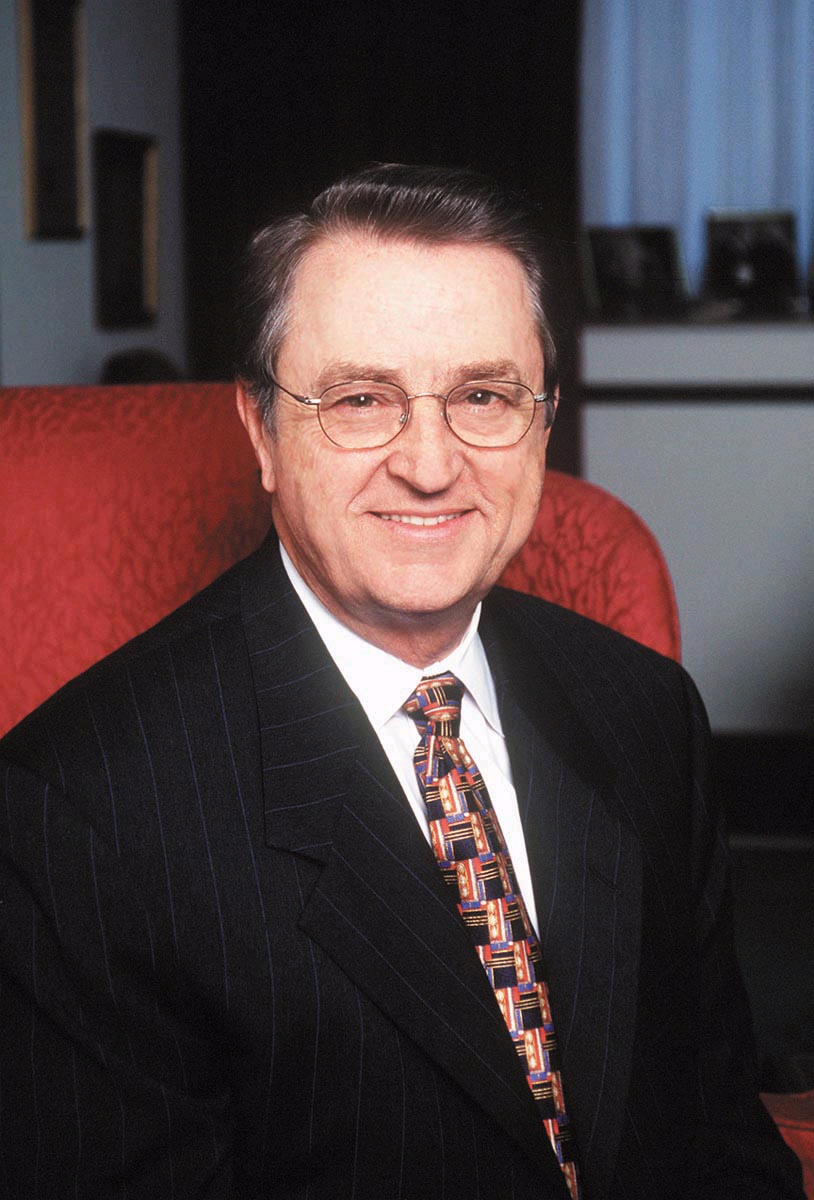
NASHVILLE, Tenn. (BP)–The excitement of independence boiled in the streets of Philadelphia as John Adams rose early on July 2, 1776. He sat at a small desk in his rented room and quickly wrote a note to his wife, Abigail.
“The second day of July 1776 will be the most memorable epocha in the history of America. I am apt to believe that it will be celebrated by succeeding generations as the great anniversary festival. It ought to be commemorated as the Day of Deliverance by solemn acts of devotion to God Almighty. It ought to be solemnized with pomp and parade, with shows, games, sports, guns, bells, bonfires, and illuminations from one end of this continent to the other from this time forward forevermore.”
July 2, 1776 was the day for final debate regarding Thomas Jefferson’s draft of the Declaration of Independence. The document served England notice that America would no longer live under England’s tyranny. It was officially adopted two days later.
However, just declaring a separation from England did not make it so. As Congress met in Philadelphia, British warships massed in the harbors of New York waiting for an opportunity to subdue the city and push inland by river to capture the members of Congress, now declared traitors by the English government. Adams also wrote to Abigail that he was aware of the “toil and blood and treasures that it will cost us to maintain this declaration.” The statement proved prophetic. Adams forecast the seven years of violence that followed to eventually break free of England.
It is important for us to reflect on those tumultuous days 227 years ago, to pause for more than a moment so that we can transport ourselves from our slick, high-tech world of convenience to the uncertain future facing our ancestors. Those 56 men who signed that document immediately became outlaws, objects for the hangman’s noose if captured by the British army. Most paid dearly for their desire for self-government. Five were captured and tortured before their deaths. Two lost sons in battles; sons were captured. Nine fought and died from wounds received. Many of the 56 were wealthy farmers, lawyers or businessmen. Most of these Founders wound up bankrupt and destitute. Independence cost them everything.
The last sentence of the declaration reads, “And for the support of this Declaration, with a firm Reliance on the Protection of divine Providence, we mutually pledge to each other our Lives, our Fortunes, and our sacred Honor.”
Adams, before the colonies declared independence, wrote that he saw the day when America would be the most powerful nation on earth. Adams was also a deeply religious man and believed that it was through God’s providence that this nation be established.
Was their pledge in vain? The irony is that the question of their pledge is ours to answer. One way for all Americans to answer is through our stewardship of their ideals. The responsibility with which we handle the freedoms established by those great men and women of vision becomes paramount to the greatness of our country. Because we have a right to exercise a freedom does not always make it responsible for us to do so. Irresponsibly pushing to the outer boundaries of our liberties eventually weakens the cloth from which we were cut. We were founded to be a moral oasis. The choices we make determine if we will continue the legacy of greatness given to us or if our glory fades like that of other great nations such as Rome, Greece and even Great Britain.
Christians should ask themselves an additional question while answering the first. “Am I being salt and light for my nation?” Our responsibility is to live lives that morally transcend the expectations of the Founders and meet the expectations of our Heavenly Father. Get personal; ask yourself, “Am I living a life that positively impacts my nation because it reflects God’s holiness?”
God has unquestionably blessed America. Believers must also ask themselves, “Is America blessing God?” Christians should evaluate their resources — time, money, abilities and more — and honestly inventory if those resources are making God’s name known among the nations. He did not give us all that we have to turn inward and hoard our riches for ourselves.
John Adams could only imagine then what is now reality. We are a great nation, but as we stretch a hand forward to greet the future, let us hold firmly to the hands that built our foundation.
–30–
James T. Draper Jr. is president of LifeWay Christian Resources of the Southern Baptist Convention.













